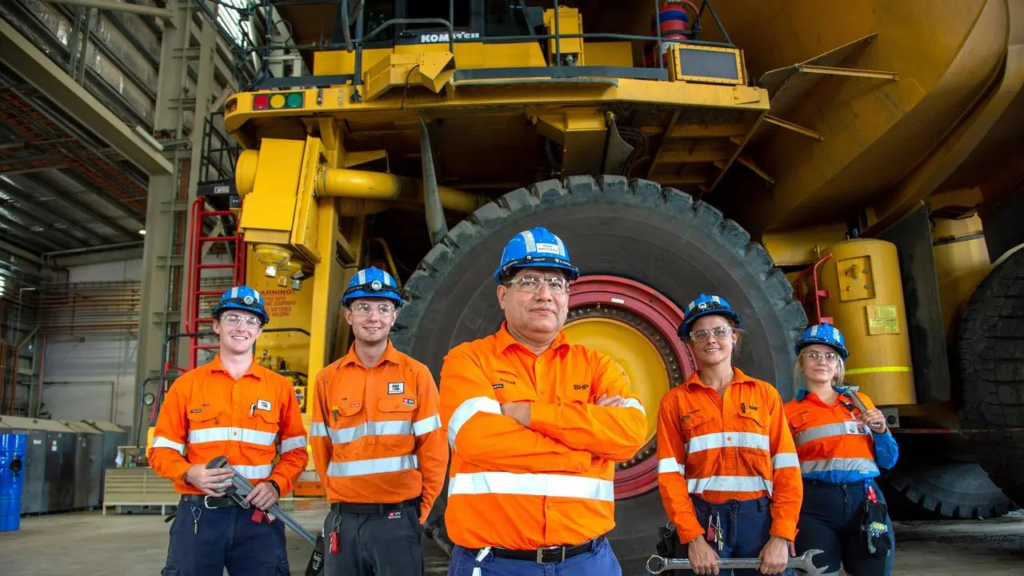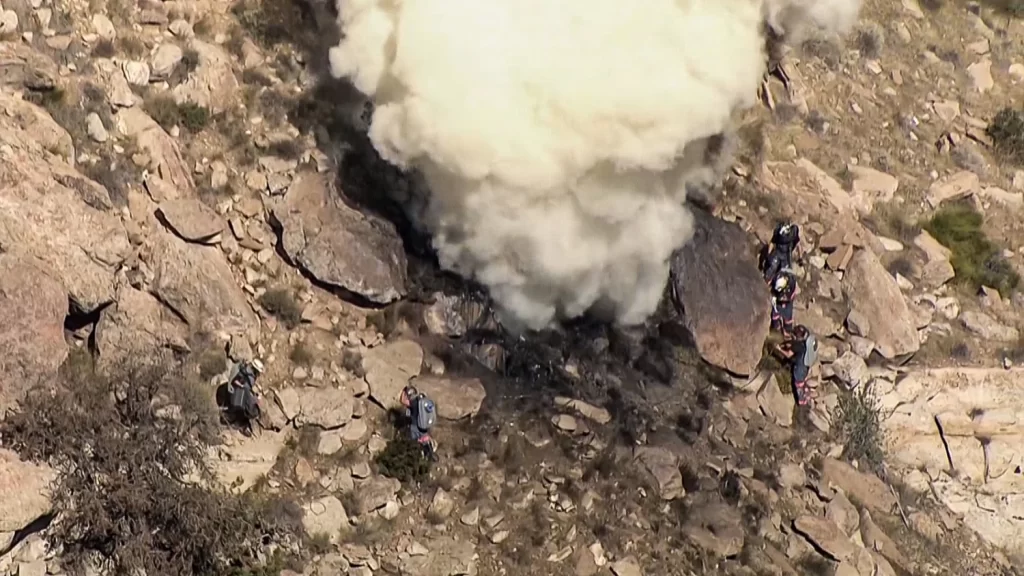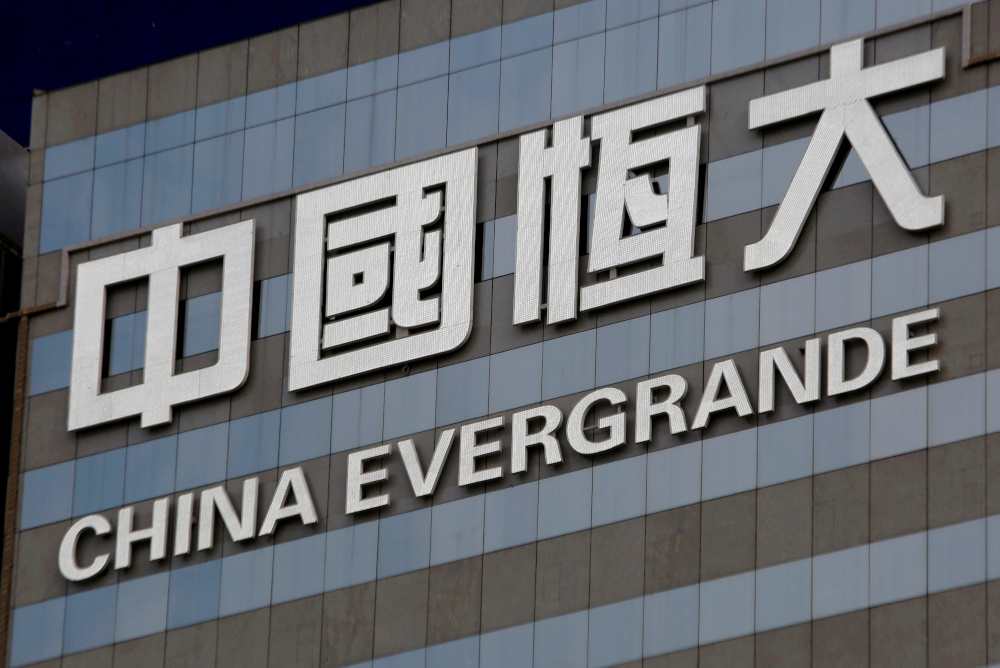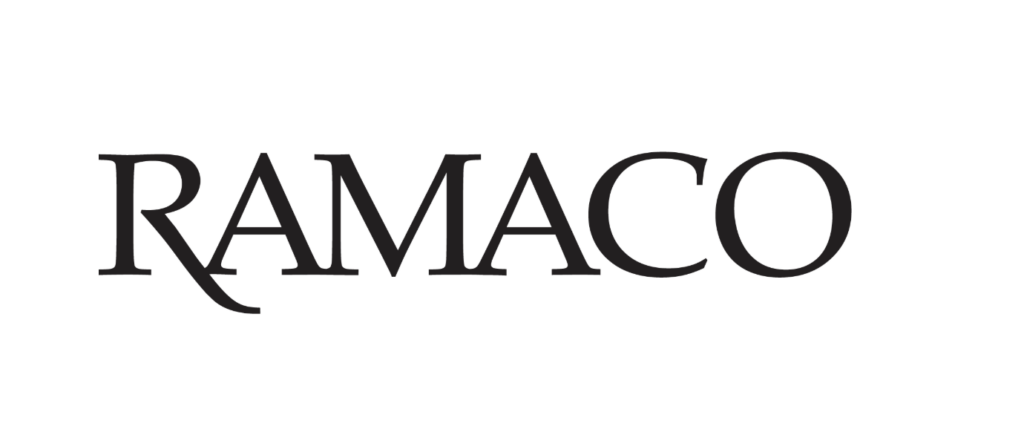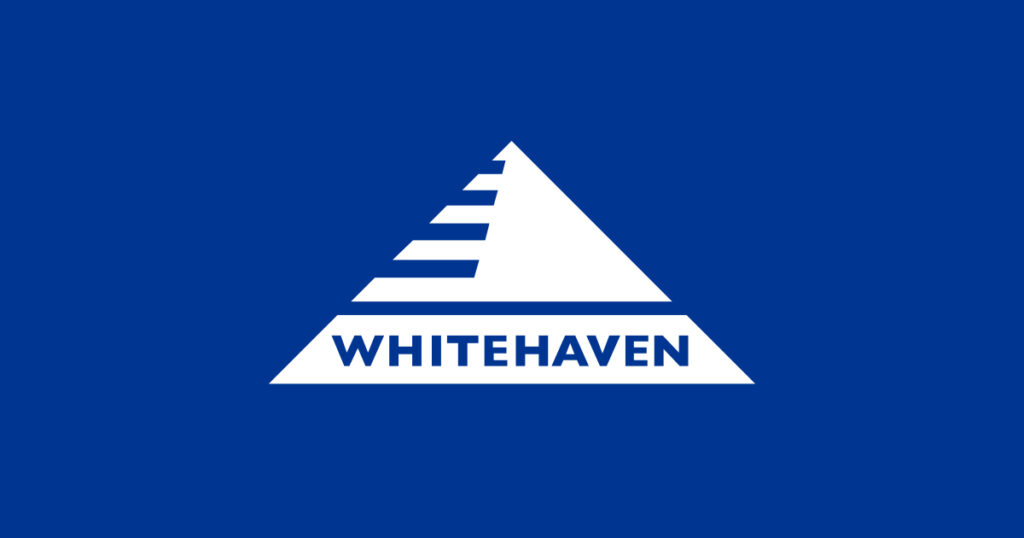Australian resources giant BHP has revised its coking coal production target downward for the 2024-2025 financial year following the sale of its Blackwater and Daunia mines. The BHP Mitsubishi Alliance (BMA), a 50-50 joint venture between BHP and Mitsubishi, has set a new production target of 33 to 38 million tonnes for the period starting 1 July. This adjustment comes after the divestment of the two mines to Whitehaven Coal on 2 April, as well as the impact of elevated strip ratios.
In the 2023-2024 financial year, BMA met its production guidance of 43 to 45 million tonnes, achieving 44.6 million tonnes despite a 22% year-on-year decline. The reduction in output was attributed to various operational challenges, including an extended longwall move and geotechnical issues at the Broadmeadow mine, disruptions at the Saraji mine, and the need for increased waste removal and stockpile rebuilding due to adverse weather and labor shortages in 2023.
For the first half of 2024, BHP reported average prices of $271.26 per tonne for hard coking coal and $206.84 per tonne for weak coking coal, compared to $276.22 and $250.38, respectively, for the same period in 2023. BHP defines hard coking coal as having a coke strength after reaction (CSR) of 35 and above, and weak coking coal as having a CSR below 35.
Despite the lowered production outlook, BHP anticipates being in the lower half of its cost guidance for the 2024 fiscal year. The company increased its cost guidance to $119-$125 per tonne in April, up from $110-$116 per tonne in January and $95-$105 per tonne in June 2023, due to expectations of reduced production volumes.
Looking ahead, BHP projects production to rise to 43-45 million tonnes annually over the next five years, as stockpile levels stabilize and strip ratios normalize.

